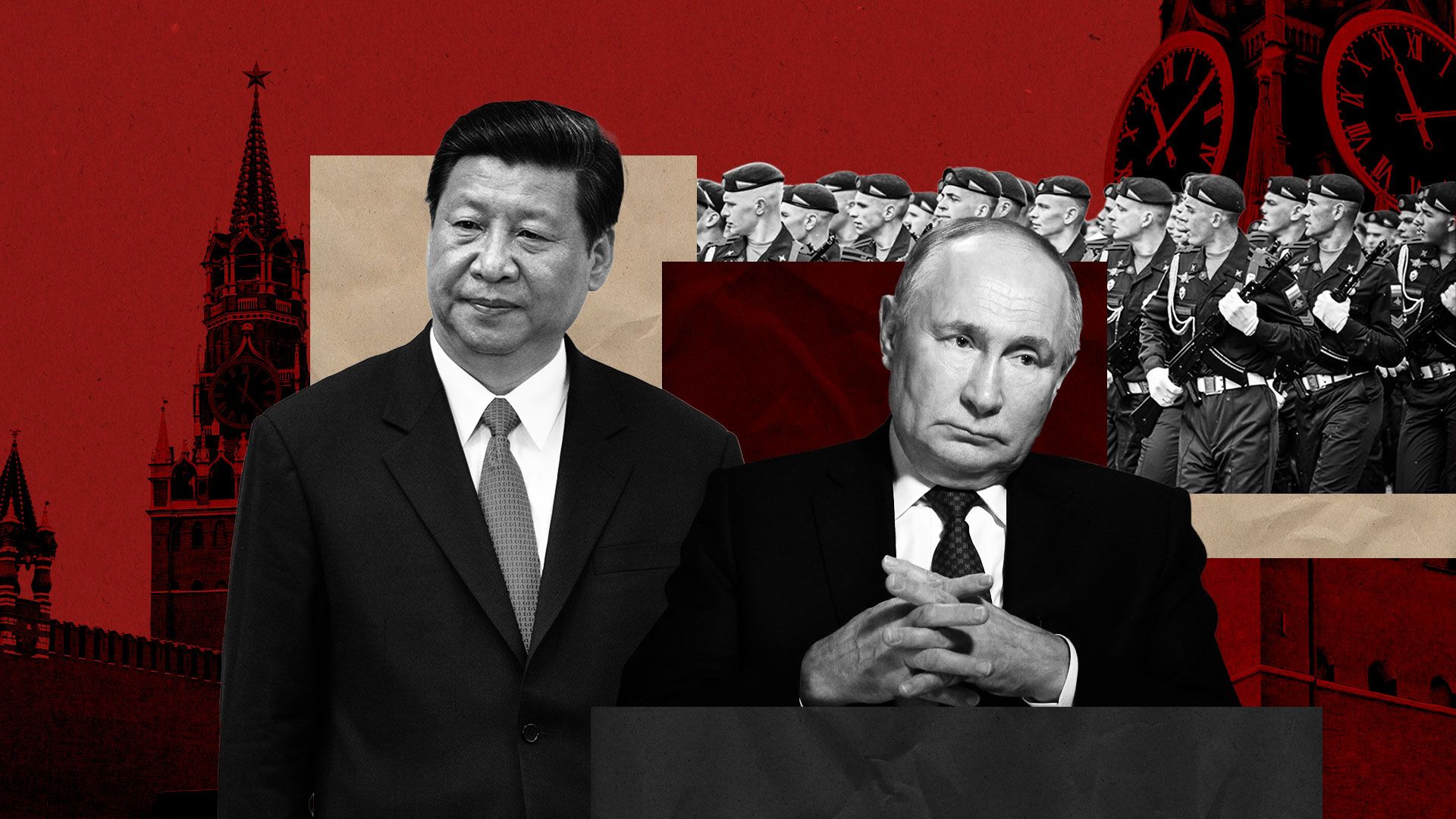The 80th Anniversary of Victory Over Nazi Germany: Russia’s Commemoration Becomes a Geopolitical Statement

The 80th anniversary of Victory Day
over Nazi Germany became for Russia not only an occasion to honor the past but
also a demonstration of its current geopolitical ambitions.
A large-scale military parade was
held on Red Square, featuring more than 11,500 troops, including contingents
from 13 countries such as China, North Korea, Brazil, and Egypt. For the first
time, the event showcased combat drones and loitering munitions, underscoring
the growing importance of unmanned systems in modern warfare. The parade
concluded with a flyover of Su-30SM and MiG-29 fighters, followed by six Su-25
jets leaving trails in the colors of the Russian tricolor.
The presence of Chinese leader Xi
Jinping alongside Vladimir Putin served as a striking symbol of the deepening
strategic partnership between their countries. Additionally, the attendance of
leaders from Asia, Africa, and Latin America highlighted Russia’s efforts to
build an alternative global alliance.
Many Western leaders condemned the
participation of certain European politicians in the event. Polish Prime
Minister Donald Tusk called the appearance of Slovak Prime Minister Robert Fico
at the parade a “disgrace,” citing Russia’s ongoing aggression against Ukraine.
Leaders of France, the UK, and Germany reiterated their united support for
Ukraine and emphasized the need for continued sanctions against Moscow.
Ukrainian President Volodymyr
Zelensky rejected Russia’s proposal for a temporary ceasefire during the
celebrations, labeling the parade a “propaganda show” and urging the
international community to increase pressure on the Kremlin.
Despite the grandeur of the Moscow
parade, celebrations were canceled in 21 other Russian cities due to security
concerns. Authorities cited the “current situation,” likely referring to recent
drone attacks and threats from Ukraine.
In Moscow, strict security measures
were enforced, including restrictions on drone use, ride-sharing services, and
even water transport in Saint Petersburg. These actions reflect the heightened
tensions and internal challenges facing Russia amid the ongoing conflict.
The 2025 Victory Day parade in
Moscow was not only a tribute to historical memory but also a powerful
political message. In the face of Western isolation, Russia is asserting its
intention to help shape a new world order, relying on its partnerships with
China and other nations. However, domestic vulnerabilities and global
condemnation continue to cast doubt on the viability of such a strategy.
The West’s position remains
unchanged: as long as Russia continues its aggression against Ukraine, any
attempts to legitimize its actions through historical parallels will be met
with firm criticism and resistance.
 Latest news
Latest news Latest news
Latest newsTrump and Putin Prepare to Meet Ahead of Zelensky’s White House Visit: A New Phase of Diplomacy or Pressure on Kyiv?
17.Oct.2025
A Shadow over the Russian-Azerbaijani Thaw: What Lies Behind the Arrest of Former Presidential Chief of Staff Ramiz Mehdiyev?
16.Oct.2025
Russia and Syria: A New Chapter in Relations After the Coup
16.Oct.2025
NATO and EU Join Forces to Build a “Drone Wall”
15.Oct.2025
Trump: New bonds of friendship to join Armenia to Azerbaijan
14.Oct.2025
UK to lift its arms embargo on Armenia, Azerbaijan
14.Oct.2025
Russia Opens New Criminal Case Against Opposition Figure Khodorkovsky
14.Oct.2025
Expert analysis by Tigran Khzmalyan: If Pashinyan wins again, Armenia will fall completely under Russia’s influence
14.Oct.2025
The Kremlin Warns the West of Dangerous Escalation: U.S. Plans to Supply Tomahawk Missiles to Ukraine
12.Oct.2025
Moscow Admits Guilt for Downing Azerbaijani Plane: Putin and Aliyev Show “Mutual Understanding of Authoritarian Allies”
10.Oct.2025

 21 Oct 2025
21 Oct 2025








